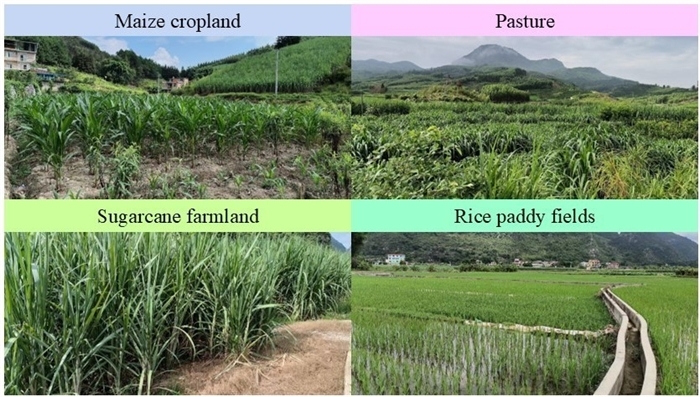
In a new review, researchers from the Xinjiang Institute of Ecology and Geography synthesized evidence and proposed a multi-objective optimization framework for designing farmland windbreak systems that can better sustain agriculture in arid regions.

Researchers from the Institute of Subtropical Agriculture conducted a series of investigations to assess the cycling processes of soil carbon, nitrogen, and phosphorus, as well as the community properties, functions, and interaction patterns of belowground biota in karst farmland regions of Southwest China.

A research team from the Institute of Applied Ecology of the Chinese Academy of Sciences has clarified how deposited nitrogen is retained in forest ecosystems and how this process contributes to carbon sequestration across China.
Scientists from the Institute of Geology and Geophysics of the Chinese Academy of Sciences (CAS), the CAS Aerospace Information Research Institute, and other institutions, have revised the decades-old lunar crater chronology model, using samples collected from the far side of the Moon by China's Chang'e-6 mission and complementary remote sensing imagery.
Researchers from the Institute of Applied Ecology (IAE) of the Chinese Academy of Sciences have developed a new sensor that can rapidly monitor soil nitrate nitrogen, a key nutrient for crop growth.

A new study led by Prof. XIAO Wenjiao from the Xinjiang Institute of Ecology and Geography of the Chinese Academy of Sciences sheds light on the ore-forming process and key mechanisms of the gold deposit in the South Tianshan of northwest China.

86-10-68597521 (day)
86-10-68597289 (night)

52 Sanlihe Rd., Xicheng District,
Beijing, China (100864)

